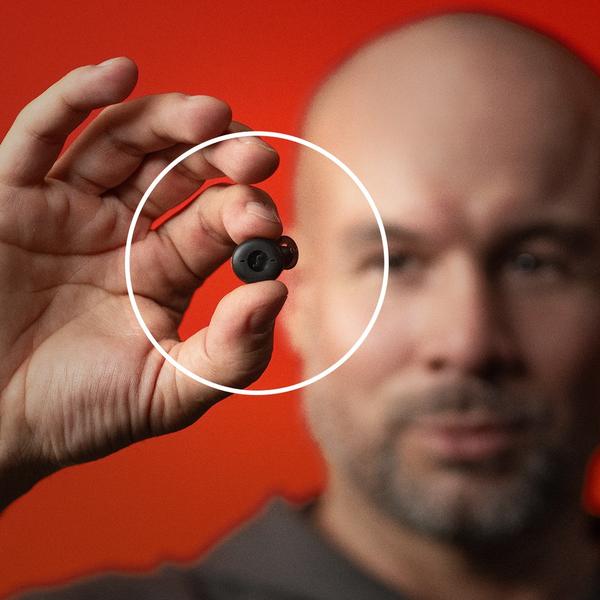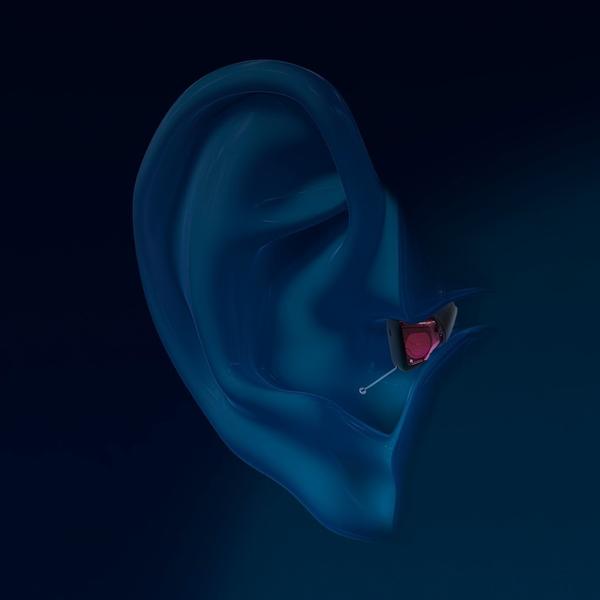Don’t Turn That Hearing Aid Off if You Want to Be Happy!
We all know that as we age, hearing loss and specific mental health challenges can get worse despite a healthy, active lifestyle. But scientists have recently discovered a strong link between the two that shouldn’t be ignored.
People with untreated hearing loss are 2X as likely to suffer from depression. Close to 27% more people with untreated hearing loss reported “frequently feeling sad” when compared to those who used a hearing aid.
They were 39% more likely to feel that the people around them get upset for “no reason.” They are 24% more likely to avoid social activities they once loved.
Let’s explore this fascinating study and an even “sadder statistic” you won’t want to hear but should know about.
How This Study Changes Misconceptions About Hearing Loss
For centuries age-related hearing loss has been considered a “harmless” condition. It was thought that the other senses would merely compensate. The person would just get by and go on to live the rest of their life healthily, safely and happily. Hearing loss was not thought to have any health impact beyond the hearing impairment.
This study changes that misunderstanding. It demonstrates one of the greater effects that hearing loss has on overall health.
This significant and well-structured study forces us to rethink hearing loss as a society.
How the Study Was Conducted
This study wasn’t performed by any random organization with an agenda. Preferably, the dedicated researchers at the National Institute for Aging (NCOA) found this strong link.
During the study, they surveyed over 2000 people 50 and older. The participants included a mix of hearing aid wearers and those with untreated hearing loss. They asked clinically-relevant questions to determine the levels of:
●Depression
●Anxiety
●ParanoiaIsolation
The study took a ground-breaking step by including over 2000 family members of the study participants. They did this to help validate what they participants were self-reporting. With this added verification, this study becomes even more relevant when we talk about the effects of hearing loss.
How Depression Impacts Health and Quality of Life
According to the American Psychological Association, those suffering from depression are more likely to develop eating disorders that can lead to either severe obesity or extreme weight loss. They are more likely to suffer from insomnia and memory loss.
They have reduced reaction time, which can lead to severe injuries while cooking, driving, cleaning and other activities. Those with depression have even been found to heal more slowly, which can lead to sepsis and lengthy hospital stays.
Depression can increase fall risk in older adults.
As the hearing loss progressesso does the depression. The individual often becomes more and more isolated, lonely and unable to care for him or herself.
What Can You Do to Reduce Hearing-related Depression Symptoms?
Wear your hearing aid proudly.Help fight the stigma people feel about wearing a hearing aid by showing them how much better you feel when you can hear.
Take a little time to perfect the advanced features on modern hearing aid to optimize your hearing experience in every setting. If you’re just turning the volume up and down, you’re not getting the most out of your hearing aid.
If you feel you’re not getting the most out of your hearing aid and tempted to leave it off, talk to your audiologist about how to more effectively use your hearing aid.
Keywords
modern hearing aid
hearing experience
study participants
stigma people feel
hearing aid wearers
extreme weight loss
Depression Symptoms
untreated hearing loss
avoid social activities
hearing loss progressesso
Depression Impacts Health
Study Changes Misconceptions
specific mental health challenges
American Psychological Association




